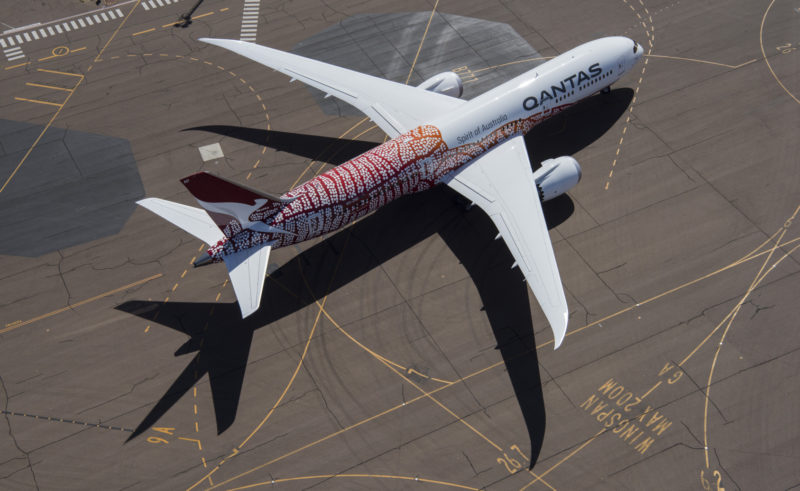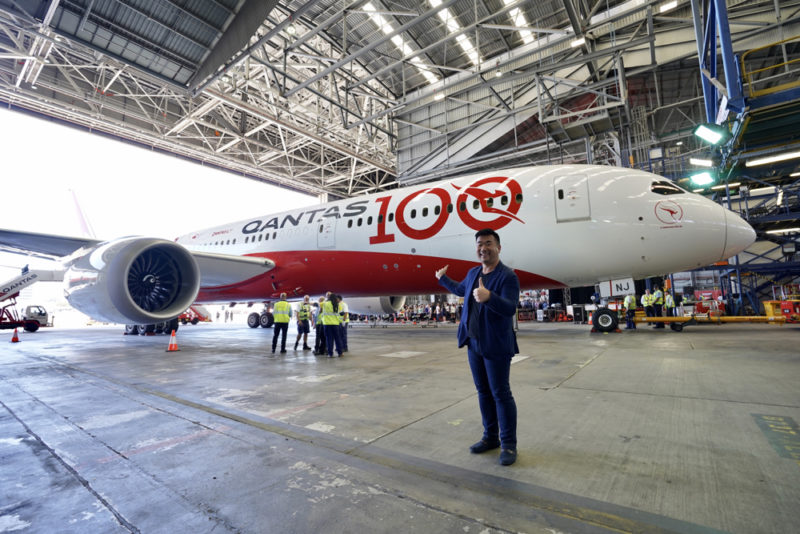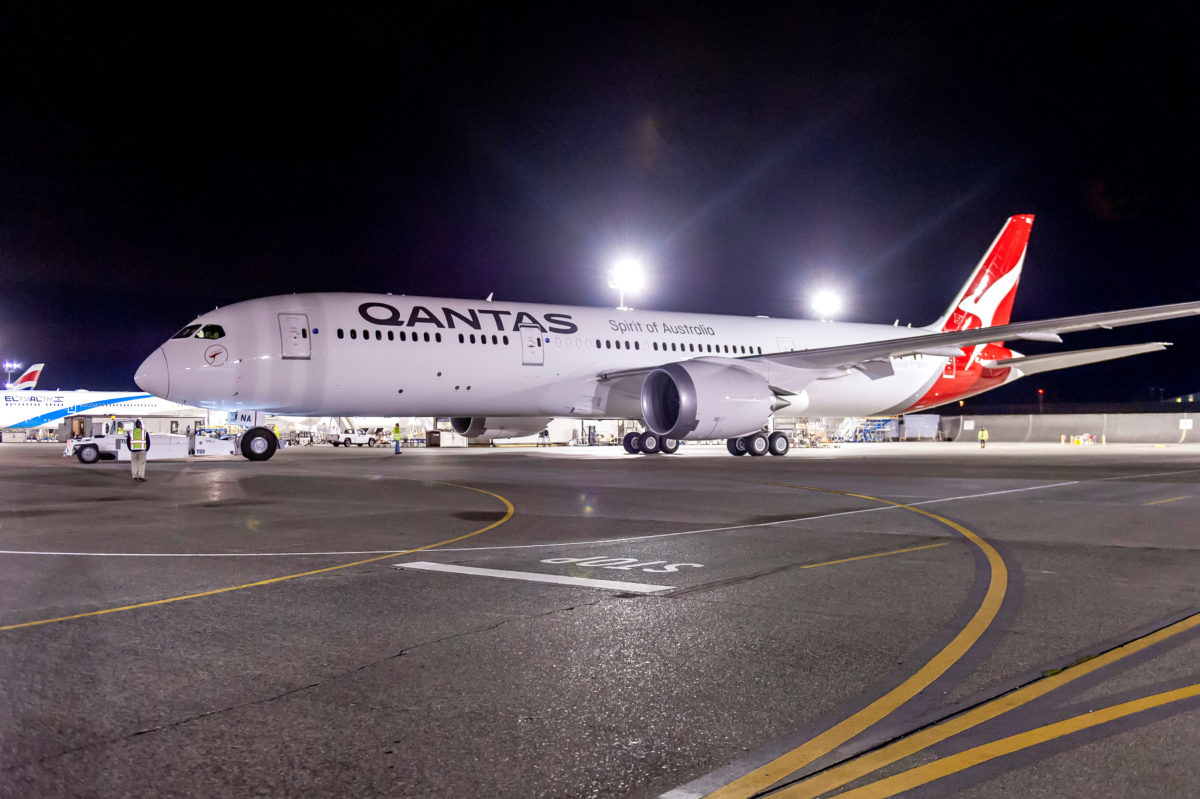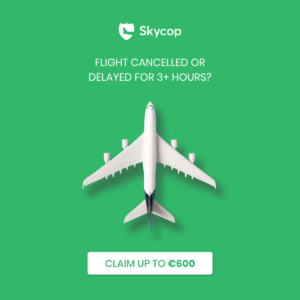Following a significant amount of media hype, research flights and aircraft offers from Airbus and Boeing, Qantas’s Project Sunrise decision is possibly going to be delayed.
As reported by AirlineRatings, the business case for Project Sunrise has yet to be completely reviewed by Qantas’ board and will undergo examination during a meeting this week.
According to the Australian & International Pilots Association (AIPA) newsletter, Insights, Project Sunrise “remains subject to pilot acceptance of a new EA and further board review in February 2020”.
The newsletter also notes that, depending on how the board review goes, a package of terms and conditions may be put with a ballot targeted at Qantas’ long-haul pilots early in 2020, with results potentially being irrespective of AIPAs position on the package.
The news comes as Qantas recently announced that they had declined offers from Airbus and Boeing, telling the manufacturers to review their prices and come back with better deals.
Sources in contact with AirlineRatings have said the business case for Qantas’ Project Sunrise doesn’t add up, potentially meaning Project Sunrise could become “Project Sunset”. Qantas’ CEO, Alan Joyce, has mentioned previously that the airline still has the option to scrap the project if ends can’t meet.
Project Sunrise aims to be operated by an aircraft that can carry 300 passengers non-stop between Sydney/Melbourne to London and New York, however recent planning work has shown that Qantas can profitably operate the flights with slightly less passengers

Alan Joyce was targeting this weeks board meeting to select an aircraft, if the project was approved, however it seems this may be delayed until early 2020.
Complicating the situation is a flustered group of pilots, who recently gained control of a union committee to negotiate an agreement for short-haul and Project Sunrise operations.
The Australian notes that 15 out of 20 pilots, recently elected to the AIPA Committee of Management, openly opposed the current union executive. Executive decisions relating to any topic must be approved by the Committee of Management, according to AIPA rules.
One pilot in contact with The Australian, under anonymous terms, said the “clean-out” was encouraged by concerns about the direction the executive was taking, in relation to a new short-haul and Project Sunrise agreement. 68 percent turned down the proposed agreements, sending negotiations back to the beginning.
Again, referencing The Australian via AirlineRatings, Alan Joyce desires similar concessions from pilots that they agreed upon when the airline received its first set of Boeing 787-9 Dreamliners. The introduction of the new aircraft equated to a 30 percent increase in productivity for pilots and associated ground staff.
A pilot discussing the situation stated that Qantas now realise that they gave away far too much in the Boeing 787-9 Dreamliner deal and that they will be looking to avoid any repeat of the scenario.

A common idea in the aviation community is pilots want to fly the latest and greatest aircraft that enter their fleets; however, in reality, unless the conditions involved are worthwhile, pilots won’t be so interested in retraining or adjusting their work scheme.
Whether Qantas’ Project Sunrise gets the go ahead or not now relies on the pilots more than the aircraft. Without anyone to fly and serve on board these record-breaking flights, Qantas will have committed to a specialised fleet of aircraft for nothing; hence the potential delay in announcing a suitable aircraft from Airbus or Boeing.
Economics is key and for these physically and mentally draining flights, pay rises will be requested and greater terms and conditions will be presented by unions.
For passengers, it seems premium cabins are popular with Qantas; with sales figures for their existing non-stop Perth to London flights showing on board seating population in the mid to high 90 percents.
Qantas has long doubted the use case of premium cabins, especially premium economy, and has only recently jumped on board with the idea.
For these long-haul flights, premium demand is definitely there and perhaps the airline should show more attention to increased premium seat numbers.
What are your thoughts on the Project Sunrise business case?




